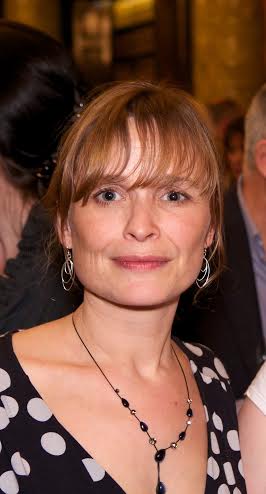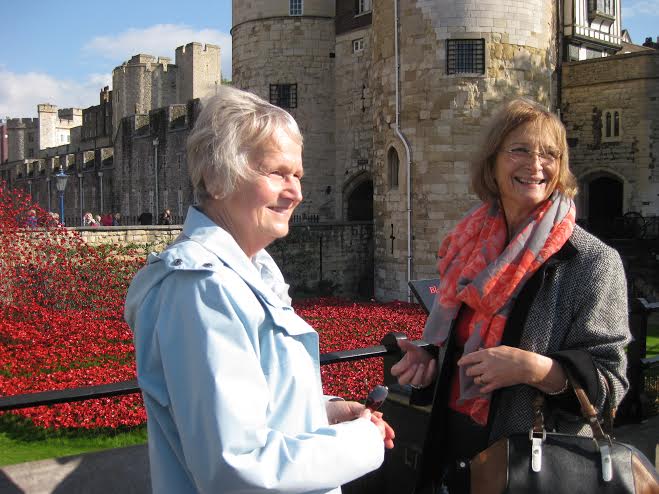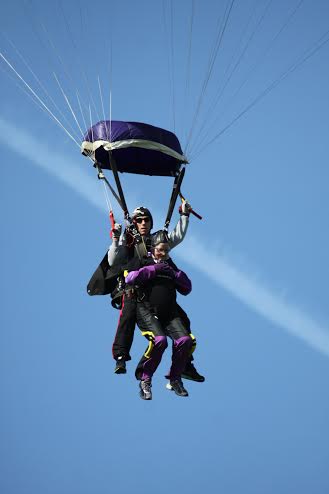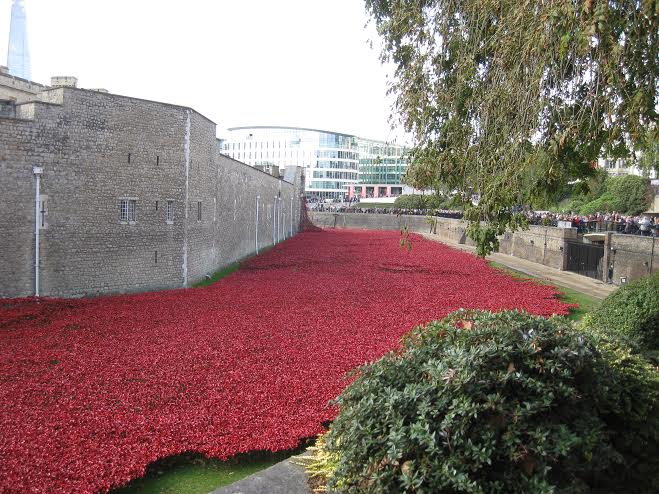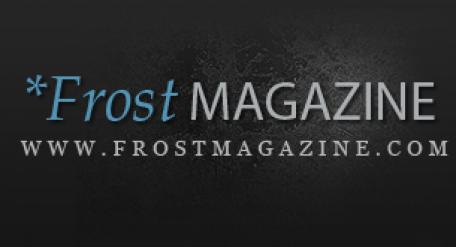Gillian Holmes – aka The Editor – has been working in publishing for nearly twenty years. She started out at Quarto, working on craft books and worked with many publishers, and finally
Arrow Books where she edited many bestselling authors, such as Katie Flynn, Dorothy Koomson, Amy Silver (aka Paula Hawkins), Cathy Woodman, Margaret Graham, Lisa Lynch, and many others.
Gillian now has her own editorial agency, The Editor, and over the following two weeks, she will be giving advice on the first three chapters, and the synopsis. This might well prove useful for any of you who are thinking of entering the Words for the Wounded Independent Author Book Award. Last year’s winner is now represented by Felicity Trew of the Caroline Sheldon Literary Agency. Felicity is this year’s judge. (more details www.wordsforthewounded.co.uk)
Frost asked Gillian more about herself.
What are your passions?
My main passion is reading. My parents moved around the world a lot and because I went to boarding school, I didn’t have many friends at home. So books stopped me feeling lonely. Well, that and my musical box (no music as all tapes warped due to the tropical climate) which I would play while I pretended to be a ballerina. Quite sad considering I have never had a ballet lesson in my life.
I also love to swim. An early morning swim will usually set the day up perfectly. I find solutions to all sorts of problems in the water – including problems with the book I’m working on at the time. Oh, and I am a massive QPR fan; this affliction has taught me forbearance and patience.
What do you read?
I read widely and according to my mood. I usually have several books on the go. I read women’s fiction when I want to be engrossed in someone else’s life. For those days when I’m tired, I read romance – contemporary or historical. It’s comforting and always cheers me up. I also really enjoy real-life tales of derring-do like Agent Zig Zag. Also, Samuel Pepys’s diary is a big comfort read for me; he always makes me laugh. I like crime for when I’m bored, I particularly like books with a long-running characters, so Jo Nesbo and Lee Child are great favourites. Recently I’ve discovered a new character to follow in Tony Parsons’ Max Wolfe: tortured single father, boxer and policeman. What’s not to love? And finally, I adore historical novels. I used to raid my mother’s collection of Georgette Heyers and Jean Plaidys, but my absolute tip top favourite was Katherine by Anya Seton. Last year, my aunt researched our family history and, thrillingly, she discovered Katherine is our grandmother (great great etc). I was in actual heaven! Personally, I think this is the most interesting fact about me. If my friends had ever heard of her, I’m sure they’d agree.
What do you love about what you do?
I have never managed to write a book, so I admire and respect authors enormously. Books have been my constant companion throughout my life, so to read one in the rough, and help an author shape it to be the very best it can be, is enormously satisfying. Editing is very subjective, so as an editor I must never lose sight of the fact that this is not my book, so I need to set my ego aside. Just because I’d do it differently, doesn’t mean I should advise the author to do it my way. An editor has to be a different person for every book they edit and work within the parameters of the author’s style and vision. I like that challenge, and if an author seems genuinely happy with my suggestions and work, I’m thrilled. I love knowing that I have helped create something without actually having to do all the work. I’m a bit lazy, you see.
The first three chapters or so are important in drawing in the reader.
What would be your first piece of advice?
Firstly, your first line needs to grab the reader’s attention and set the tone of the book. Don’t save your best line for half way through the first chapter, or even half way through the book. Get it out straight away so the reader wants to keep going. Then the challenge is to follow through on that promise. Try not to fill the first chapters with backstory and description. Always remember you’ve got another 70,000 words plus to fit that in. Just keep it moving. Hook us in and don’t let us go.
I find a synopsis difficult. Will you be helping Frost readers with this? If so, in a nutshell, what should a synopsis do?
Yes, absolutely, because having worked as an acquiring editor, an agent’s reader and a reader for competitions, I know how important a good synopsis is. Firstly, remember why you’ve been asked for it and who you’re writing it for. Usually it’s for a competition or a submission to an agent/publisher. They want the synopsis because, if they like the first three chapters, they want to see how you’ve developed the rest of the book. It will give them a clear overview of the concept and structure, and often determine whether they will want to see the rest. They don’t want irrelevant detail and descriptions, and they don’t need dialogue. And most importantly, they DO NOT want you to leave a cliffhanger. Finally, keep it short – 1500 words or fewer.
Will you ever write a novel?
I’m not sure. I have a butterfly mind and I tend to get bored quite quickly. Writing a whole book would entail me concentrating on one thing for far too long. Having said that, I did write half a book once – it was a romance inspired by my crush on Daniel Craig (I know, I know, I’m a sad cliché). The heroine (who wasn’t at all based on me, not at all) rescued him from some dastardly kidnappers. I got so involved with my characters (well one in particular) that I expected him to email me to let me know what happened next. Sadly, he never did, which I know he regrets.
Or a short story?
Short story writing is a very particular skill and not at all easy to do. I might try it one day, though. The great thing about short stories is they can be just as satisfying as a good novel, but they don’t take as long to read.
Your favourite book as a child?
I had two. Ballet Shoes by Noel Streatfield – I wanted to be Posy so badly, that when I had my daughter I (briefly!) considered it as a name. And A Little Princess. I went to boarding school when I was very young, so I related. Which is a little dramatic of me, as I was treated perfectly well by the school and, disappointingly, I never did discover that I owned some diamond mines.
What question would you like to be asked?
How does your husband Daniel feel about the fact that your career as a prima ballerina keeps you away from home so much?
To contact Gillian. gilliansholmes@hotmail.com
To find out more about The Independent Author Book Award: www.wordsforthewounded.co.uk
Words for the Wounded are also holding a LitFest on April 16. www.wordsforthewounded.co.uk

